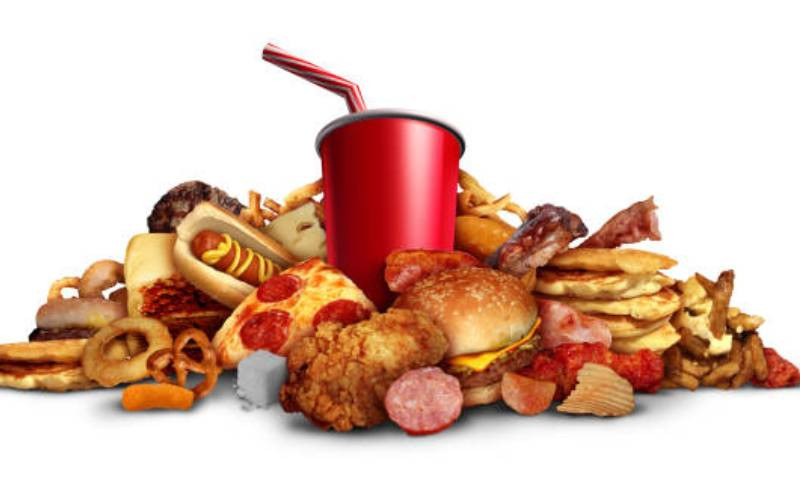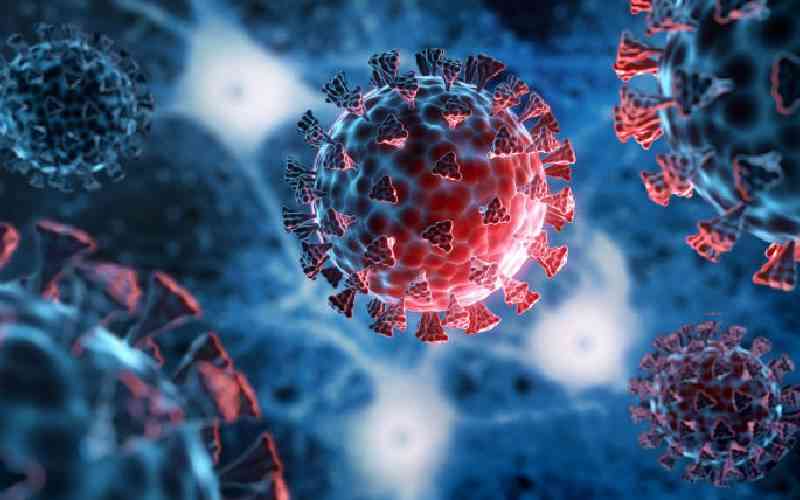
Eating ultra-processed foods (UPFs) could lead to an addiction disorder, a new study suggests, prompting calls for some products to be labelled as addictive.
UPFs are now simply part of the flavour of everyday life. These foods are readily available, heavily flavoured, affordable, highly profitable for their producers, attractively packaged, aggressively marketed, and sold in supermarkets and shops worldwide.
Past studies have linked highly processed foods such as ice cream, fizzy drinks and ready meals to poor health, including an increased risk of cancer, weight gain and heart disease.
But now the new findings by researchers at the Biomedical Research Institute in the US say the way some people consume ultra-processed foods "meets the criteria for diagnosis of substance use disorder."
Yet, global consumption of UPFs continues to soar, and such products now make up more than half the average diet in developed and most developing nations. The researchers analysed 281 studies from 36 countries and found that "ultra-processed food addiction" was estimated to occur in 14 per cent of adults and 12 per cent of children.
According to the researchers, eating UPFs causes dopamine, a neurotransmitter in the brain, to spike, making the consumer feel great. It then crashes, making them feel terrible. The consumer then craves the return of the good feeling, so they eat more UPFs. The dopamine spikes are similar to those caused by alcohol and nicotine. The resulting addiction levels are almost identical -14 per cent of adults are addicted to alcohol and 18 per cent to nicotine, as cited in the study.
Behaviours observed in those addicted to UPFs met the criteria for substance addiction, including intense cravings, less control over intake, symptoms of withdrawal, and continued use despite dire consequences such as obesity, poorer physical and mental health, binge eating disorder, and lower quality of life, they said. The researchers published the report in the BMJ, an online medical and health journal.
Learning to identify ultra-processed foods is a step toward cleaning up your diet. Scientists often refer to food processing using a four-tiered system called the Nova scale:
Group 1 consists of unprocessed and minimally processed foods like vegetables, legumes, meat, rice, chicken, milk, wheat or corn flour.
Group 2 includes ingredients processed in the kitchen to extend shelf life, like vegetable oils, sugar, butter, spices, and salt.
Group 3 is processed foods that are industrially manufactured by mostly combining recognisable ingredients of Group one and two, like bread, jams, margarine, canned foods, dried or smoked meats or fish.
Group 4 is ultra-processed foods, which are food formulations made using industrial processes and ingredients you wouldn't find in a home kitchen. They include most food additives to improve palatability such as monosodium glutamate (MSG), processed raw materials including hydrogenated fats, and mechanically separated meats such as hotdogs and smokies. These foods are mainly of industrial origin and are often ready to eat and use.
The researchers wrote: "Refined carbohydrates or fats evoke similar levels of extracellular dopamine in the brain striatum to those seen with addictive substances such as nicotine and alcohol."
 The Standard Group Plc is a multi-media organization with investments in media
platforms spanning newspaper print
operations, television, radio broadcasting, digital and online services. The
Standard Group is recognized as a
leading multi-media house in Kenya with a key influence in matters of national
and international interest.
The Standard Group Plc is a multi-media organization with investments in media
platforms spanning newspaper print
operations, television, radio broadcasting, digital and online services. The
Standard Group is recognized as a
leading multi-media house in Kenya with a key influence in matters of national
and international interest.











